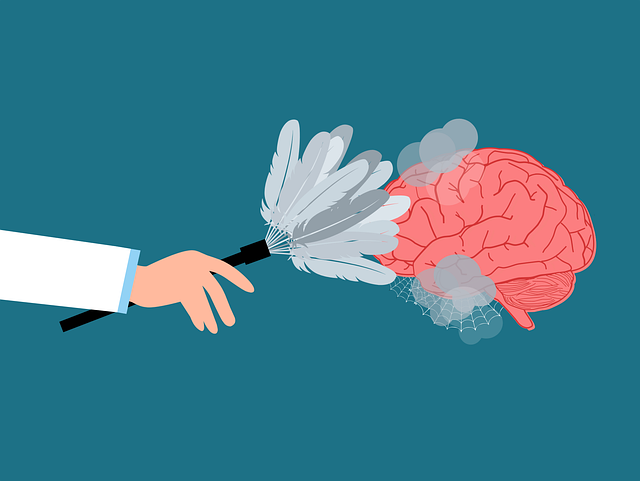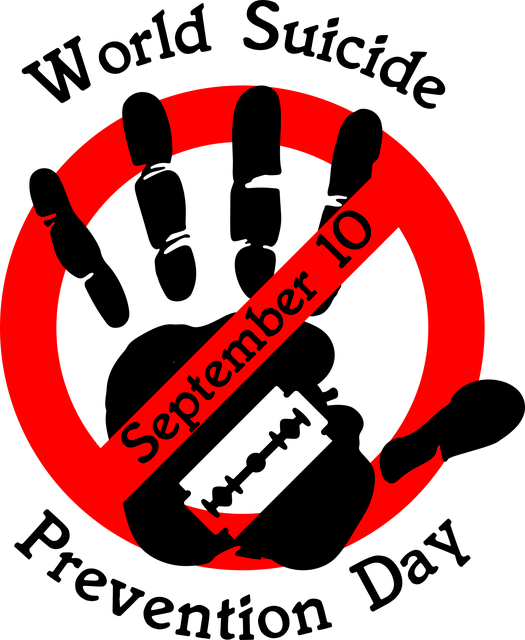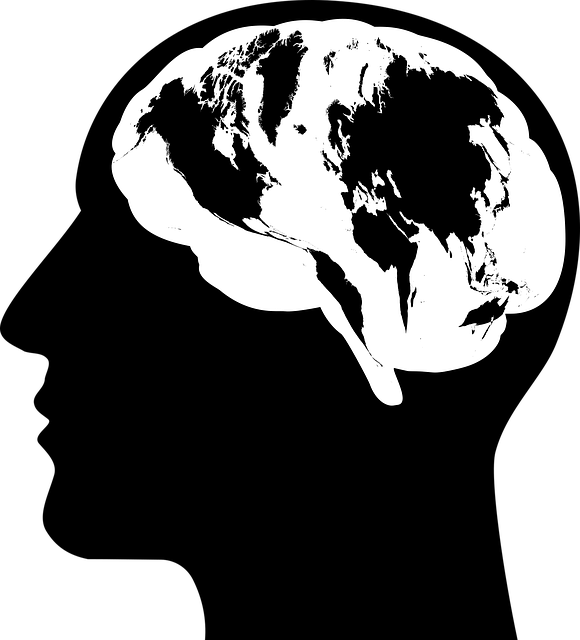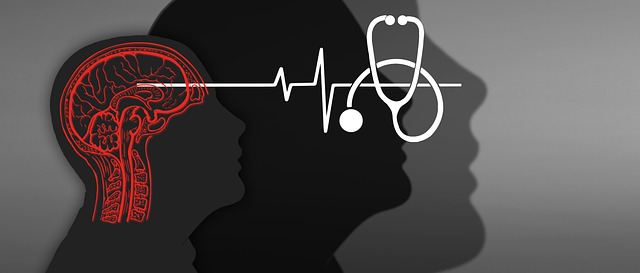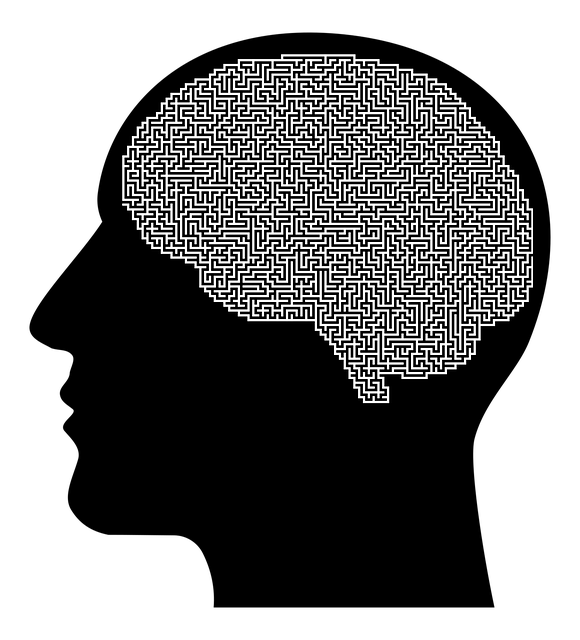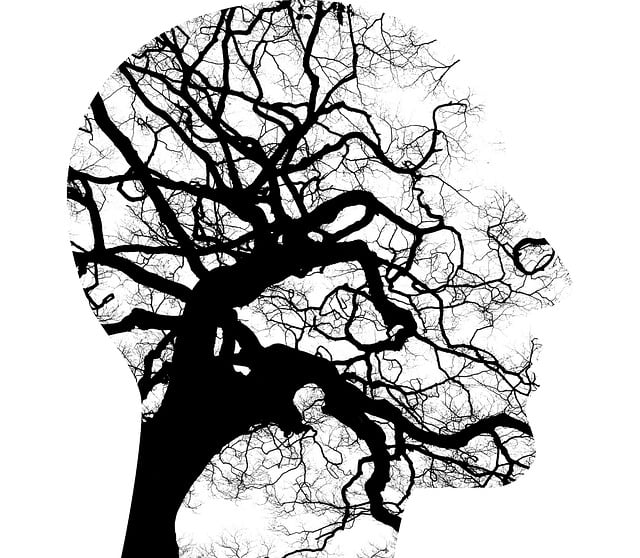In today's fast-paced world, tailored mental wellness approaches are essential to address diverse needs of adolescents (age-specific challenges like identity formation and stress management) and geriatrics (loneliness, isolation, cognitive decline). Customized tools such as stress management workshops and self-awareness exercises are vital. Assessment tools should cater to these unique needs, promoting better mental health outcomes through coping skills development. Technology integration, including online platforms and AI algorithms, offers accessible, personalized care for both adolescents and the elderly. Validity, reliability, and cultural sensitivity are key principles in developing effective, holistic, and equitable mental wellness self-assessment tools.
Mental wellness self-assessment tools are evolving to meet diverse needs. This article explores the development of customized tools tailored to specific demographics, focusing on adolescents (therapy for adolescent teens) and geriatrics, each facing unique mental health challenges. We delve into designing effective self-assessment scales, integrating technology for accessibility, and ensuring validity, reliability, and cultural sensitivity in their creation. By addressing these aspects, we aim to enhance mental health support for all ages.
- Understanding the Need for Customized Mental Wellness Tools
- Targeting Different Demographics: Teens, Geriatrics, and Their Unique Challenges
- Designing Effective Self-Assessment Scales
- Integrating Technology for Accessible Mental Health Support
- Validity, Reliability, and Cultural Sensitivity in Assessment Development
Understanding the Need for Customized Mental Wellness Tools

In today’s fast-paced world, mental wellness is a critical aspect of overall health that often requires tailored approaches to effectively address diverse needs. The traditional one-size-fits-all approach to therapy and self-care may not adequately support individuals across various demographics, including adolescent teens and geriatrics. Each group faces unique challenges and has distinct coping mechanisms; thus, customized tools are essential for promoting mental wellness. For example, stress management workshops designed for organizations can empower employees while self-awareness exercises might be more suitable for teens to navigate their emotional journeys.
Understanding the nuances of different age groups and their mental health struggles is vital. Adolescent teens, for instance, often grapple with identity formation and peer pressure, while geriatrics may face loneliness and cognitive decline. Developing assessment tools that cater to these specific needs ensures that individuals receive relevant support. By incorporating coping skills development into these tools, we can enable people to manage stress effectively, fostering better mental health outcomes across the lifespan.
Targeting Different Demographics: Teens, Geriatrics, and Their Unique Challenges

Mental wellness self-assessment tools must be tailored to cater to diverse demographic groups, each with their own unique mental health challenges. For instance, adolescents and geriatrics require distinct approaches due to variations in cognitive development, life experiences, and societal expectations. Adolescent teens, navigating a world of academic pressures, peer relationships, and identity formation, may benefit from therapy focusing on stress management, emotional regulation, and conflict resolution techniques. Incorporating activities like Mental Wellness Journaling Exercise can encourage self-reflection and open communication about mental health concerns.
On the other hand, geriatrics face distinct issues such as loneliness, isolation, and age-related cognitive decline. Self-assessment tools for this demographic could include guidance on coping with loss, managing chronic conditions, and preventing burnout among healthcare providers who frequently interact with elderly patients. Strategies for maintaining mental wellness in later years might encompass engaging hobbies, social connections, and activities that stimulate cognitive health.
Designing Effective Self-Assessment Scales

Developing self-assessment tools for mental wellness requires a thoughtful approach to create effective and reliable scales. These tools play a vital role in helping individuals, from adolescents to geriatrics, gain insights into their emotional well-being and identify areas of concern. When designing such scales, it’s essential to consider the target population and the specific aspects of mental health you aim to assess. For example, for teens, self-assessment tools should be age-appropriate, engaging, and sensitive to issues like peer pressure, academic stress, or identity formation challenges. On the other hand, geriatric assessment might focus on cognitive function, quality of life, and managing age-related mental health concerns.
Incorporating evidence-based practices can enhance the effectiveness of self-assessment scales. Techniques such as depression prevention strategies, emotional well-being promotion techniques, and compassion cultivation practices have shown promise in various therapeutic settings. These methods not only help individuals recognize their emotional states but also provide them with coping mechanisms and promote overall mental resilience. By integrating these concepts into assessment tools, professionals can offer tailored interventions and support for different age groups, ensuring that therapy is accessible, engaging, and impactful for all.
Integrating Technology for Accessible Mental Health Support

In today’s digital era, integrating technology into mental wellness self-assessment tools offers a promising path to accessible mental health support for diverse populations. Online platforms and mobile applications can provide therapy options for adolescent teens who may face barriers in accessing traditional in-person services. These digital tools can also cater to the unique needs of geriatrics, ensuring they receive timely and tailored mental health care. By employing artificial intelligence and machine learning algorithms, assessment tools can personalize interventions, recommend suitable resources, and even predict potential crises, thereby enhancing overall mental wellness.
Moreover, technology enables the development of user-friendly interfaces that incorporate interactive elements, such as games or virtual reality simulations, to engage users actively in their therapeutic journeys. This approach is particularly beneficial for younger demographics, fostering empathy building strategies through gamified conflict resolution techniques. Additionally, digital platforms can facilitate connections between individuals seeking support and mental health professionals, ensuring prompt assistance and potentially reducing the burden on existing services through self-assessment and initial screening.
Validity, Reliability, and Cultural Sensitivity in Assessment Development

In developing mental wellness self-assessment tools, validity, reliability, and cultural sensitivity are paramount. Validity ensures that the assessment accurately measures what it intends to—for instance, a tool designed for therapy in adolescent teens should effectively evaluate their emotional state and needs. Reliability, on the other hand, guarantees consistent results over time and across different administrators, critical for comparisons and tracking progress. Cultural sensitivity is equally crucial, especially when catering to diverse populations like geriatrics, ensuring that the assessment respects and accommodates unique cultural beliefs, values, and communication styles.
Integrating these principles involves rigorous testing, expert validation, and adaption based on feedback from various cultural backgrounds. For instance, Mental Wellness Journaling Exercise Guidance can be culturally sensitive by incorporating narratives and themes familiar to different communities. Similarly, Mindfulness Meditation techniques should be inclusive, respecting differing spiritual or religious beliefs while providing universally accessible practices that promote mental wellness. A well-designed assessment tool that considers these aspects will not only improve its effectiveness but also foster a more holistic and equitable approach to mental healthcare practice, benefiting all age groups and cultural backgrounds.
The development of personalized mental wellness self-assessment tools is a proactive step towards addressing diverse community needs. By tailoring these resources for specific demographics, such as teens and geriatrics, we can improve accessibility to mental health support. Integrating technology ensures that help is available when and where it’s needed most, while maintaining validity, reliability, and cultural sensitivity guarantees accurate assessments. This approach not only enhances individual well-being but also promotes a culture of open dialogue and proactive care for all age groups, including Therapy for Adolescent Teens and Geriatrics.



